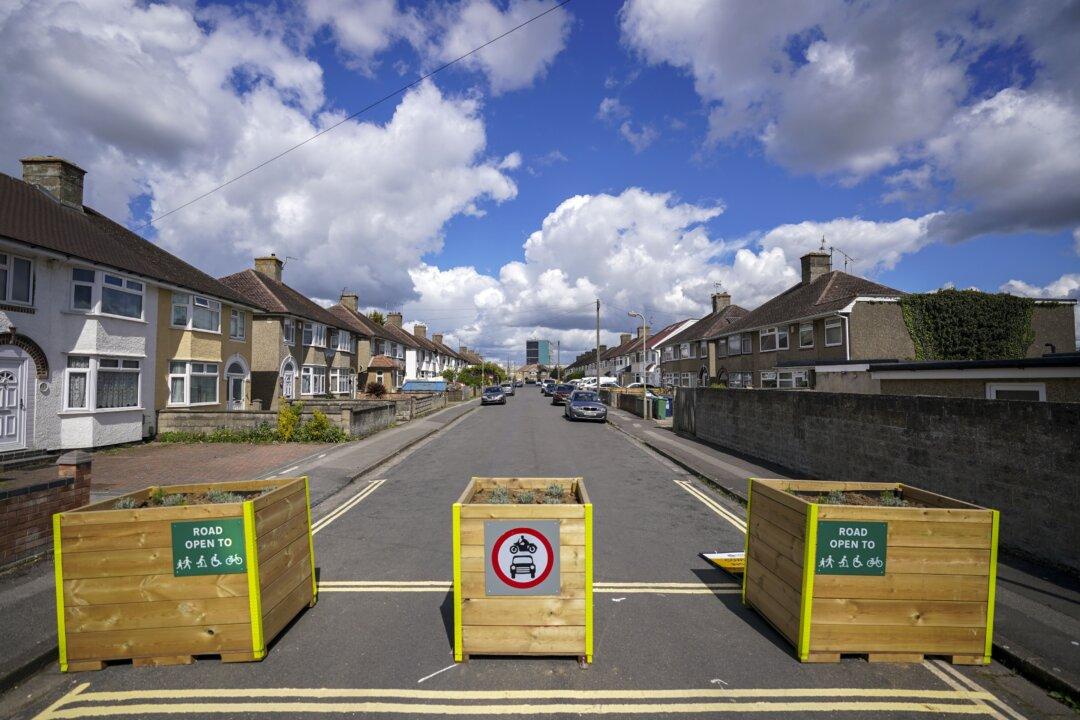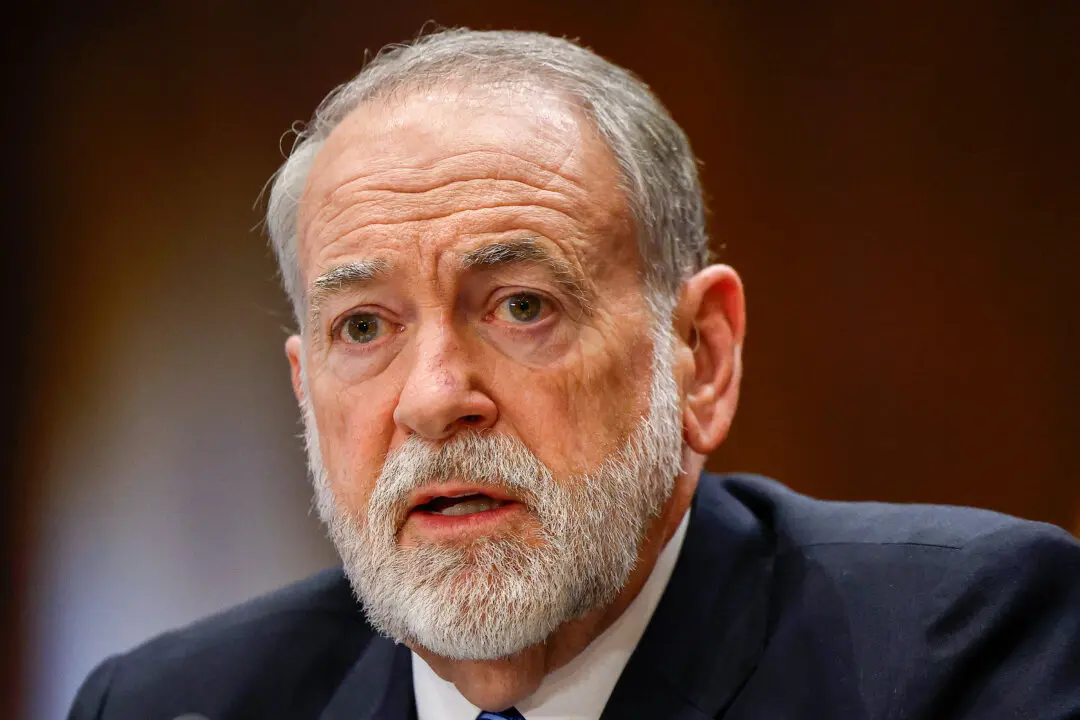A London local authority has suspended its Low Traffic Neighbourhood (LTN) trial scheme in response to complaints about delays on bus journeys and ahead of major roadworks.
Deputy Leader Councillor Rezina Chowdhury, cabinet member for Sustainable Lambeth and Clean Air, said: “We’ve listened to the concerns raised by local people and recognise the major disruption coming as part of transport improvements on the main road running through Streatham. The combination of factors together would cause too much disruption for Lambeth residents.
“We always said that this was a trial, and we would be led by the data—and the monitoring report makes it clear that the scheme met our objectives to reduce traffic and road danger.”
Delays in Bus Journeys
Ms. Chowdhury said that while local people had welcomed the fall in traffic in areas like around Sunnyhill Primary School, “equally, there have been delays in bus journeys on the A23 which has had an impact on many residents.”The council stated that there had been a 60 percent decrease in traffic within the LTN, but an eight percent increase in traffic on the boundary roads. Overall, there was a two percent net reduction in traffic across the area.
The scheme was also suspended ahead of planned works by Transport for London on the A23, the council said, which would “substantially upgrade the experience for walking and cycling.” The roadworks are expected to start at the end of spring, continuing into 2025.
Neil Garrett AM, leader of the City Hall Conservatives, called the decision, “A win for all the local people who’ve had to put up with Labour’s LTN nonsense in Streatham, and we who pressed Labour to open their eyes and look at the disaster they created.”
Khan Admitted LTN ‘Causing Huge Problems’
The suspended scheme came a week after London’s mayor, Sadiq Khan said that “the LTN in Streatham is causing huge problems.”During his regular phone-in session on LBC on Feb., 29, Mr. Khan told a caller that his office has been in touch with Lambeth Council to “see what we can do to resolve the issues” and that news about changes would be communicated “soon.”
Mr. Khan told the caller, a bus driver, “It’s not working and we’ve asked the council to look at it urgently to look at, in relation to the consequences of a very well-intentioned LTN, but people like you are reporting back to us that people are leaving your buses because it’s taking so long.”
“One of the unintended consequences is less use of public transport,” he said.
Sunak Vowed to ‘Slam the Breaks’ on Controversial LTNs
In September, Prime Minister Rishi Sunak had pledged to “slam the brakes” on road schemes such as LTNs.“What we want to make sure is that local communities are not having these things imposed upon them, forced on them,” Mr. Sunak added.
“Changing the way we live, the way we shop, the way our kids our educated, how we drop them off at school, everything is changing and it is changing fast,” Ms. Horsford said.







